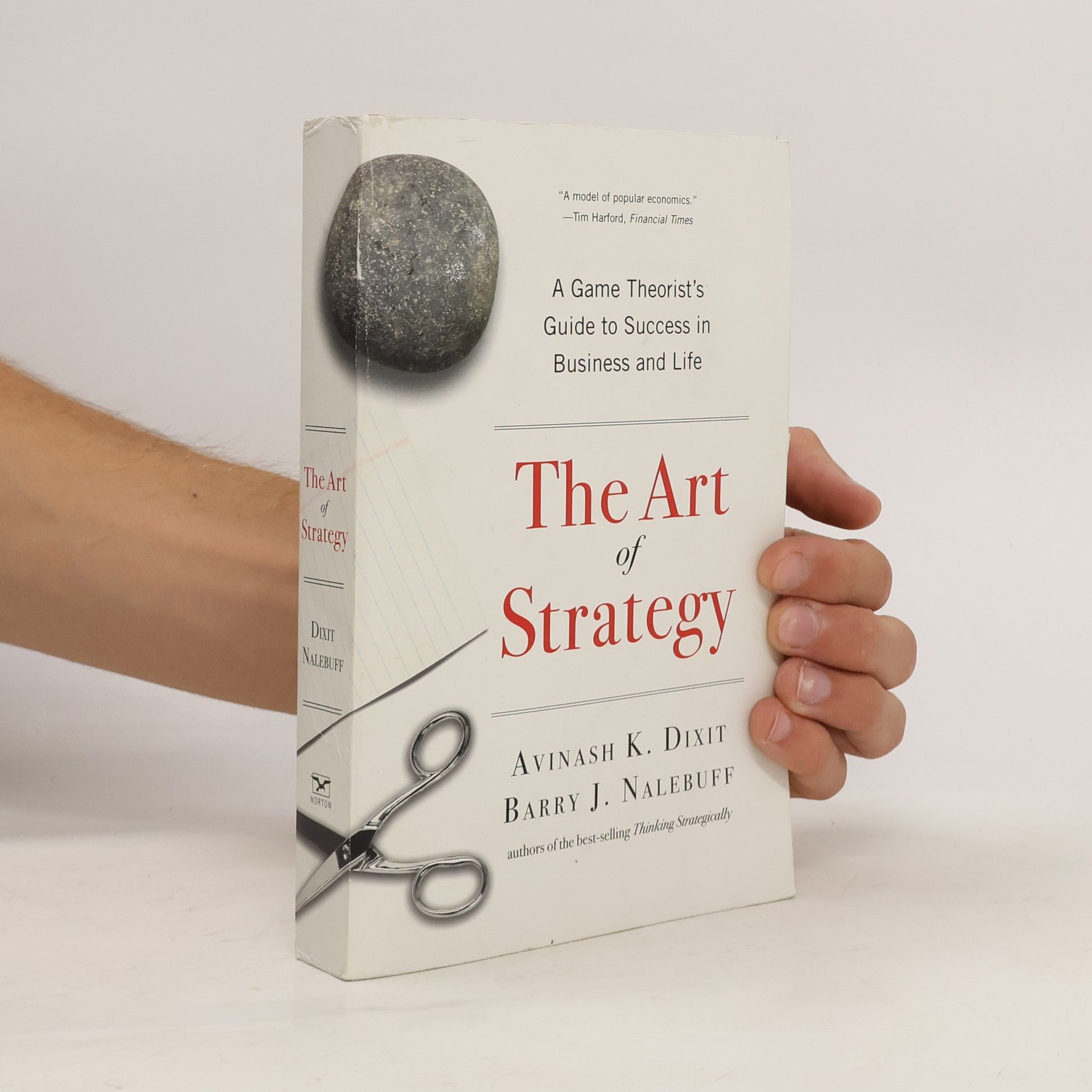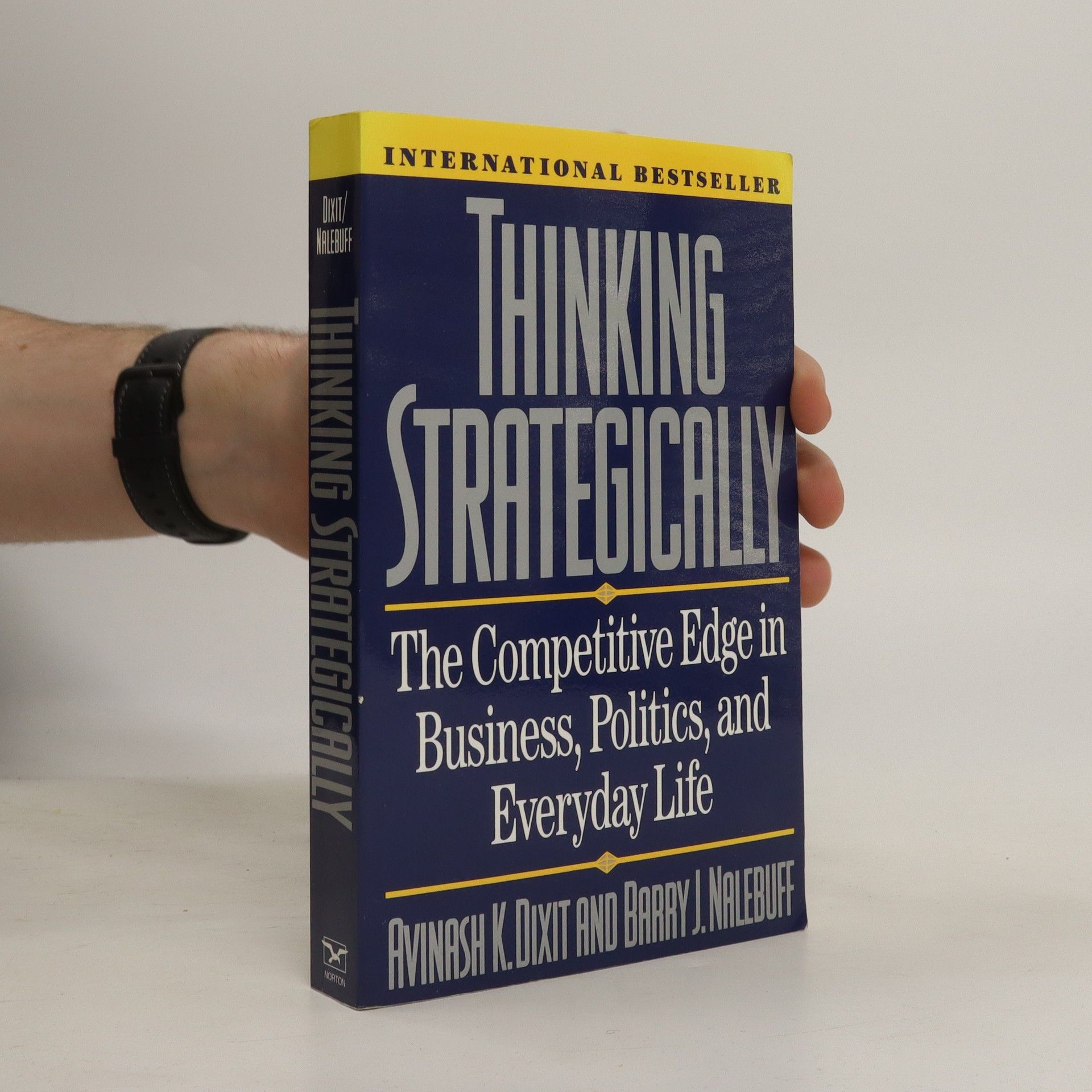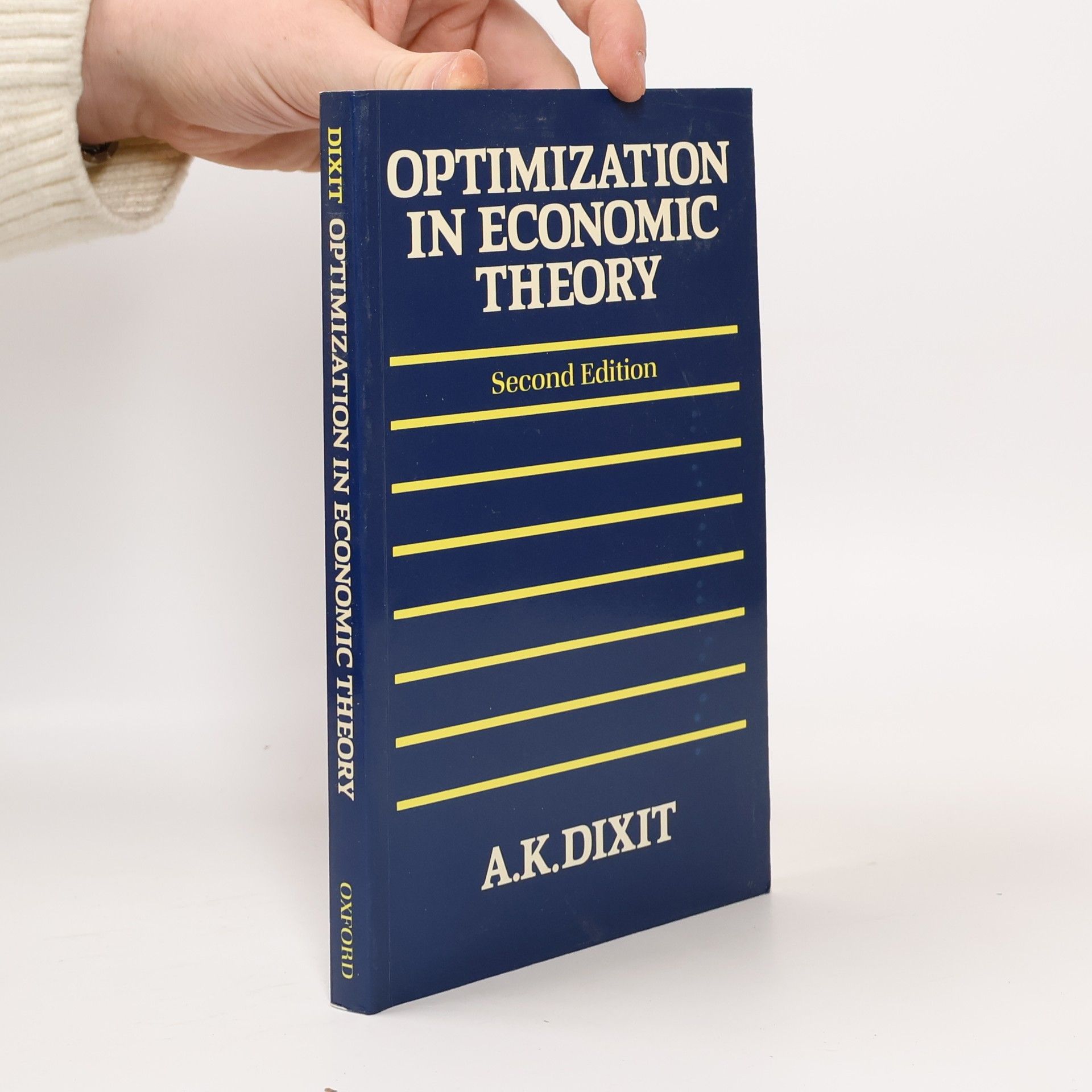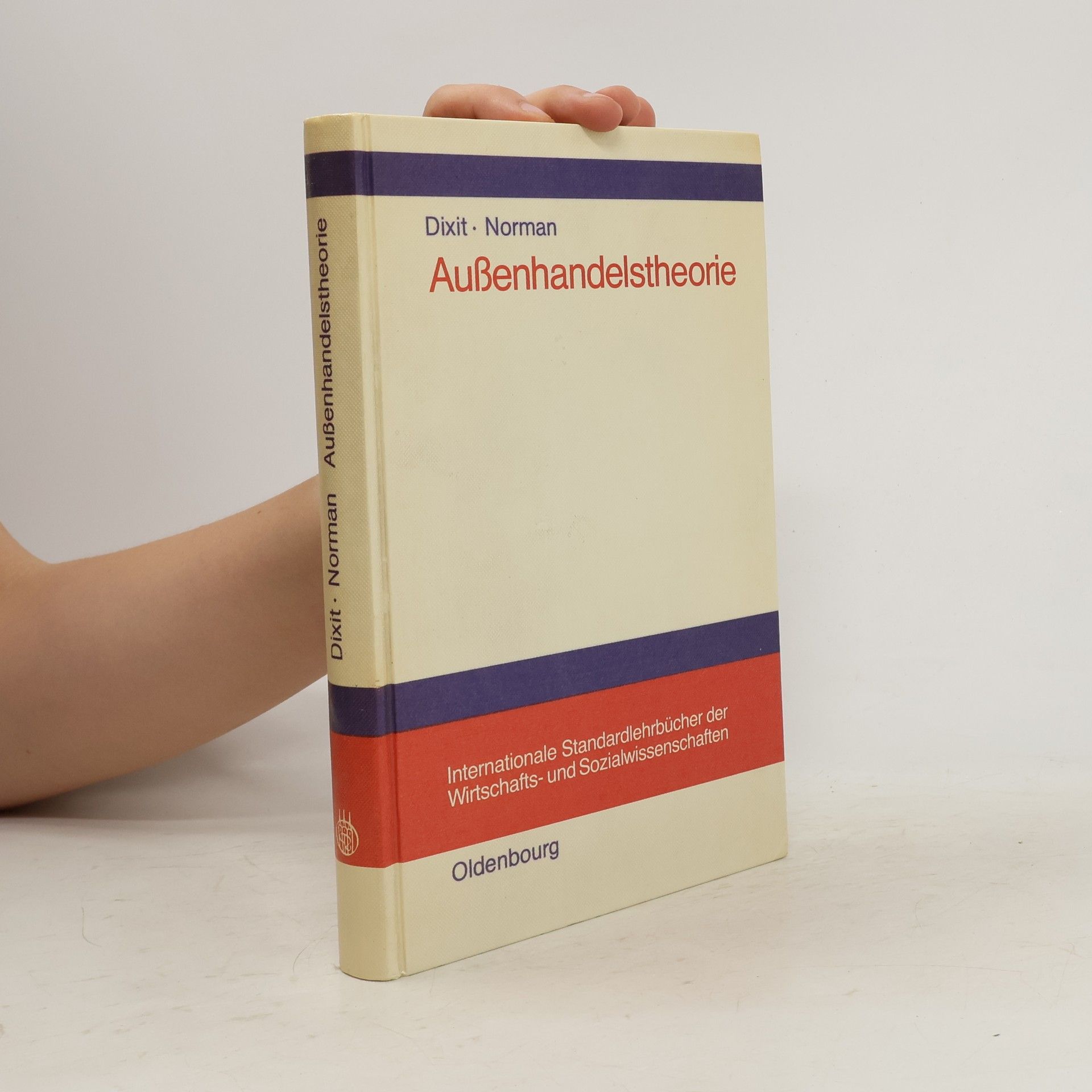Optimization in Economic Theory
- 206 pages
- 8 hours of reading
Building on a base of simple economic theory and elementary linear algebra and calculus, this broad treatment of static and dynamic optimization methods discusses the importance of shadow prices, and reviews functions defined by solutions of optimization problems. Recently revised and expanded, the second edition will be a valuable resource for upper level undergraduate and graduate students.







